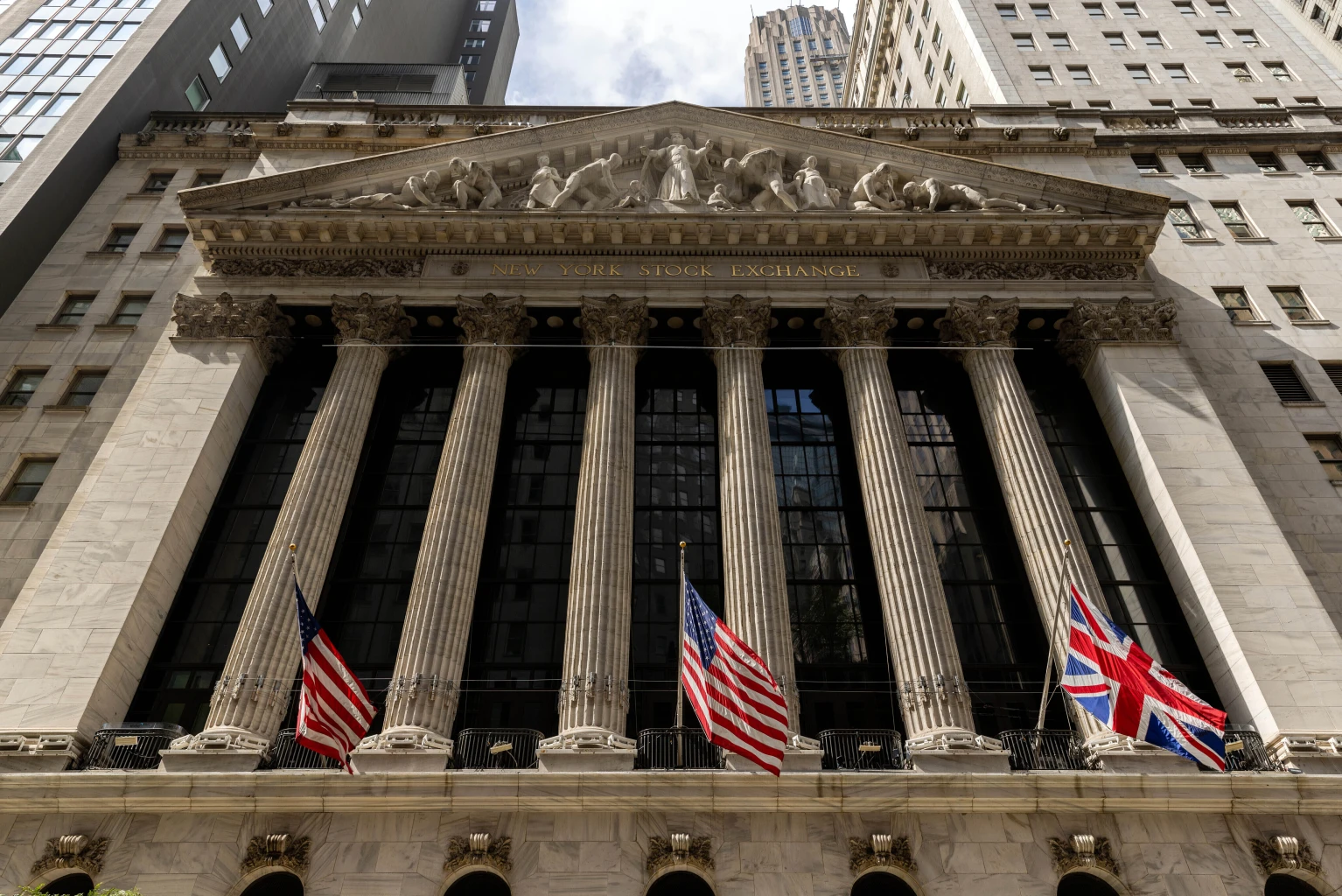The U.S. stock market is on track to reach its highest level since January 2022, as investors await the outcome of the Federal Reserve’s two-day policy meeting that begins on Tuesday.
The Dow Jones Industrial Average rose 0.4% to 36,487.64, while the S&P 500 gained 0.3% to 4,698.21, both within striking distance of their all-time highs. The Nasdaq Composite advanced 0.2% to 15,912.49, also near its record peak.
The market is hoping for more clarity from the Fed on its plans to taper its $120 billion monthly bond purchases, which have supported the economic recovery from the pandemic. The Fed is expected to announce a reduction of $15 billion per month, starting in November, according to a Reuters poll of economists.
The Fed is also likely to signal that it is not in a hurry to raise interest rates, despite rising inflation pressures. The central bank has maintained that inflation is largely transitory and will ease as supply chain bottlenecks and labor shortages are resolved.
Some analysts believe that the Fed’s tapering announcement could boost the market’s confidence, as it would indicate that the economy is strong enough to withstand less stimulus.
“The Fed tapering is actually a positive sign for the market, because it means that the Fed is confident about the growth outlook,” said David Kelly, chief global strategist at JPMorgan Asset Management.
However, others warn that the market could face some volatility in the coming months, as the Fed’s policy shift could trigger a repricing of risk assets and a rotation of sectors.
“The market is likely to react positively to the Fed’s tapering decision in the short term, but there are still some uncertainties ahead, such as the debt ceiling, the fiscal spending bill, and the omicron variant,” said Kristina Hooper, chief global market strategist at Invesco. “We could see some bumps along the road as the market adjusts to a less accommodative Fed.”




Comments
Post a Comment